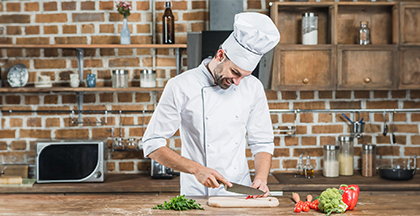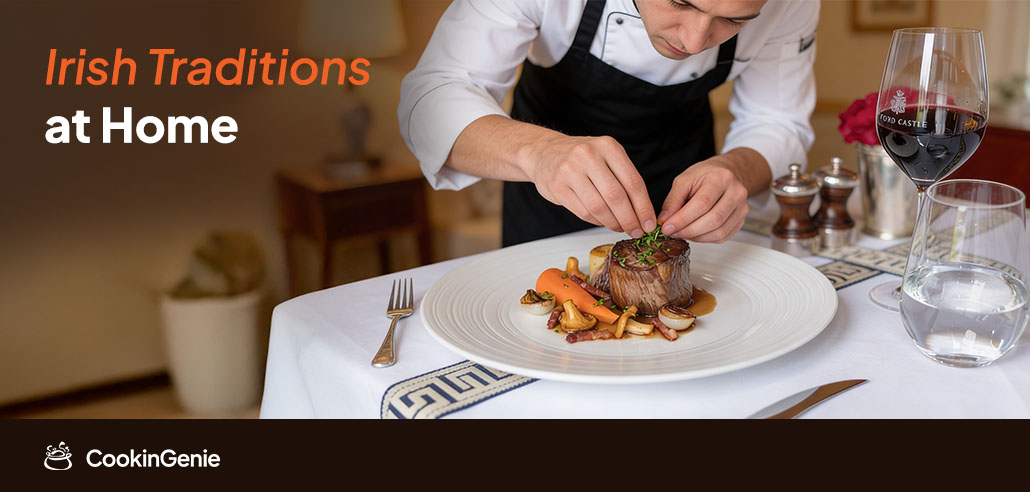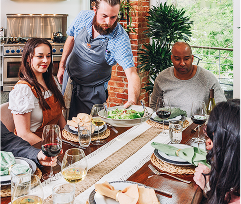Roasted Turkey
Roasted turkey refers to a whole turkey that has been seasoned, typically with herbs, spices, or a brine, and cooked in an oven at a consistent temperature until its internal temperature reaches a safe level for consumption. The roasting process creates a golden-brown, crispy skin and tender, juicy meat, making it a popular centerpiece for festive meals, such as Thanksgiving or Christmas dinners.
Preparation and Cooking Process
- Preparation: The turkey is often cleaned, patted dry, and sometimes stuffed with aromatics like onions, garlic, herbs, and citrus to enhance flavor. A layer of butter or oil may be applied to the skin for added moisture and crispiness.
- Cooking: The turkey is typically roasted at a temperature between 325°F and 375°F, with the cooking time depending on its weight. Basting with pan drippings or broth during cooking is common to maintain moisture.
- Safety Tip: It is essential to ensure the internal temperature of the turkey reaches at least 165°F in the thickest part of the breast and 180°F in the thigh, as recommended by the USDA, to prevent foodborne illness.
Cultural Significance: Roasted turkey is a staple in various cultural traditions, particularly in North America. It symbolizes gratitude and celebration during Thanksgiving in the United States and Canada. Globally, it is also enjoyed during other festive occasions, often accompanied by side dishes like stuffing, cranberry sauce, and mashed potatoes.
Health and Nutrition: Roasted turkey is a good source of protein, vitamins B6 and B12, and minerals like selenium and zinc. Opting for skinless cuts reduces fat intake, making it a healthier option for lean protein.
Pro Tip: Allow the turkey to rest for at least 20 minutes after roasting to let the juices redistribute, ensuring every slice is moist and flavorful.



 Settings
Settings
 Gift Card
Gift Card Blog
Blog Locate Us
Locate Us







 Home
Home
 Chefs
Chefs
 Chats
Chats
 My Order
My Order



